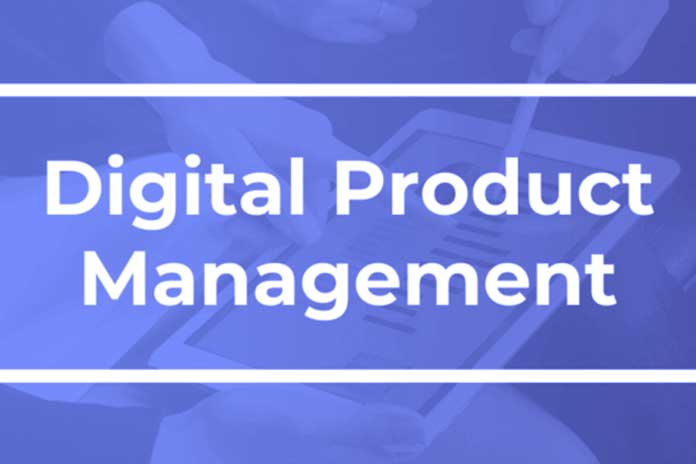KI And MES As The Perfect Duo For Digital Production Management

For companies of almost any size, it is essential to create a needs-based but flexible personnel planning. Artificial intelligence can be helpful in combination with a manufacturing execution system.
At first glance, artificial intelligence is associated with speaking and autonomously acting, often even feeling robots. On the other hand, highly complex algorithms are much more abstract and are already active in some areas of life and work. The industrial environment is increasingly coming into focus, as the digitization of many productions and manufacturing processes means that large amounts of data are available. Manufacturing Execution Systems (MES) and AI tools play a decisive role here.
Digital production control in the context of Industry 4.0 is already a reality in many businesses and companies. The MES solutions fit between the manufacturing shop floor and the administrative ERP level and ensure data exchange that increases efficiency. Through systematic data acquisition, the material flow and production processes, and the use of unique analysis and control tools, virtual images of entire production lines can be created.
This enables production management to work quickly and flexibly while maintaining a holistic overview of the production. Manufacturing Execution Systems thus contribute to a measurable increase in productivity that cannot be achieved with stand-alone or isolated solutions because MES solutions are influential data collectors and analysis tools.
Artificial Intelligence Ideally Complements MES
Artificial intelligence is an ideal match for professional MES solutions with its ability to analyze in-depth and learn autonomously. Identifying complex interrelationships, patterns, and regularities means that reliable forecasts of events such as faults, bottlenecks, and much more are possible.
Specifically, this means that a corresponding KI module is added to an existing MES and uses the data collected so far as the basis for the learning process: Standard values, tolerances, and deviations are taken over directly, and the KI module can now analyze regularities and causal relationships as a whole. This makes it possible to find out whether and when deviations elsewhere in the production process impact downstream work steps. This leads to early knowledge and the possibility of timely intervention.
Also Read: How Artificial Intelligence Is Improving The Productivity Of Employees?
Data-Based Maintenance Planning And Reliable Forecasts With AI
This is particularly effective in maintenance because individual sensor data from machines or the entire production line show when a malfunction or problem will occur. Deviations from the normal values, for example, are identified as caused by wear and tear, and repair or maintenance measures can be initiated immediately.
The AI-based maintenance module continues to learn because the data acquisition naturally continues to run and is incorporated into the data analysis of the AI algorithm. By collecting and structuring the data, a step-by-step, more precise forecast is possible. Because the more significant and broader the amount of data available to artificial intelligence, the finer the analysis and prediction will be. This effectively minimizes unexpected incidents or time-critical events such as malfunctions or failures.
Specialists And Skilled Workers In The Right Place At The Right Time
Similar to maintenance, it is also with the determination of personnel requirements and deployment planning. Because for companies of almost any size, it is essential to create needs-oriented but flexible personnel planning. To do this, all relevant information from the incoming order must first be transferred so that the specifications of the individual orders can be processed in a process-optimized manner in production management.
This involves planning set-up times, material and raw material availability, and other resources. This applies above all to the employees because the often very high complexity within the manufacturing processes means that the know-how of specialists is in demand. Software-based personnel deployment and shift planning are therefore essential for modern companies if production is to run efficiently. The necessary information and data flow via interfaces and from reporting and measuring points into the Manufacturing Execution System and are available for planning.
At this point, a specially configured AI module can be set up, which analyzes relationships and patterns in the data. If there are deviations at one point in the production course, the AI can find out where subsequent problems may occur. In this way, you can react quickly and carry out a controlling intervention. If material is missing or a machine is not available in time, this information is processed, and the locations and times of the employees are immediately adjusted. Suppose a time-critical order comes in via the ERP system. In that case, it can be identified based on comparable, already completed projects that specialist staff should be present in production to carry out the order in a process and time-optimized manner.
The Future Belongs To AI-Based Manufacturing Execution Systems
While the digital transformation has already become a necessary reality, artificial intelligence in the industrial environment is still in its proverbial infancy. However, promising pilot projects give an idea of the potential – here, experienced providers of professional MES solutions work together with specialized developers of modern AI technologies.
